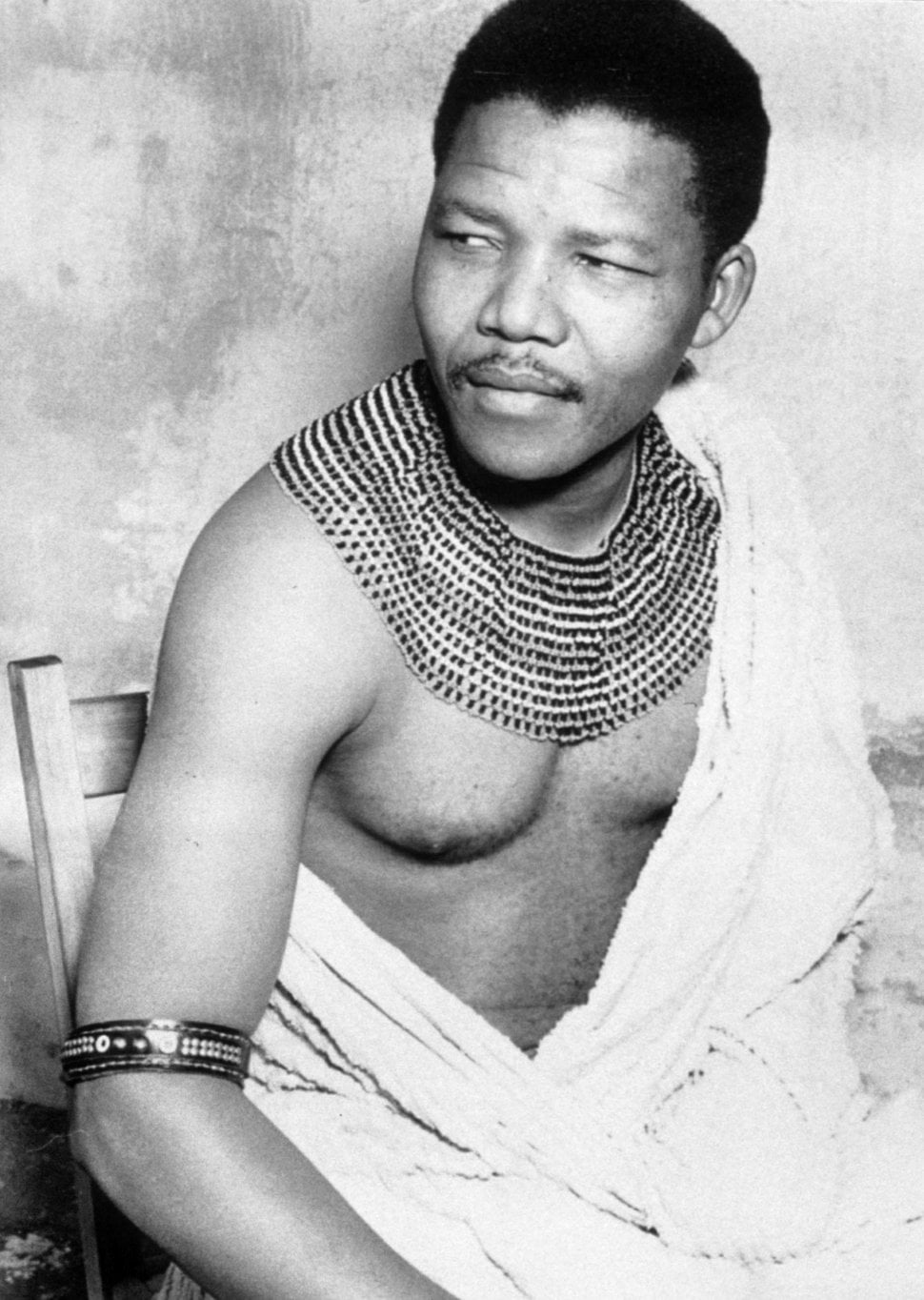Born on July 18, 1918, he was named Rolihlahla, which translated roughly – and prophetically – to “troublemaker.” Mandela was nine when his father died, and he was sent from his rural village to the provincial capital to be raised by a fellow chief. The first member of his family to get a formal education, he went to boarding school and then enrolled in South Africa’s elite Fort Hare University, where his activism unfurled with a student boycott.
Mandela began work on a Bachelor of Arts (BA) degree at the University of Fort Hare, an elite black institution in Alice, Eastern Cape, with around 150 students. There he studied English, anthropology, politics, native administration, and Roman Dutch. Mandela was introduced to the realtor and ANC activist Walter Sisulu,it was through him he met first wife Evelyn Mase, an ANC activist from Engcobo, Transkei, who was training at the time to become a nurse.
As a young law scholar, he joined the resurgent African National Congress just a few years before the National Party – controlled by the white descendants of Dutch and French invaders – came to power on a platform of apartheid, in which the government enforced racial segregation and stripped non-whites of economic and political power.
Mandela was increasingly influenced by Sisulu, spending much time with other activists at Sisulu's Orlando house, including old friend Oliver Tambo. In 1943, Mandela met Anton Lembede, an African nationalist virulently opposed to a racially united front against colonialism and imperialism or to an alliance with the communists. Despite his friendships with non-blacks and communists, Mandela supported Lembede's views, believing that black Africans should be entirely independent in their struggle for political self-determination. Mandela saw the South African people's struggle as being racially based rather than class warfare.
In the process of divorce proceedings from Evelyn, he began courting and politicizing a social worker named Winnie Madikizela, who he married in Bizana on 14 June 1958. She later became involved in ANC activities. In April 1959, militant Africanists dissatisfied with the ANC's united front approach founded the Pan-African Congress (PAC); Mandela's friend Mangaliso Sobukwe was elected president.
Both parties campaigned for an anti-pass campaign in May 1960, in which Africans burned the passes that they were legally obliged to carry. One of the PAC-organised demonstrations was fired upon by police, resulting in the deaths of 69 protesters known as the Sharpeville massacre. In solidarity, Mandela publicly burned his pass as rioting broke out across South Africa, leading the government to proclaim martial law. Under the State of Emergency measures, Mandela and other activists were arrested on 30 March and imprisoned without charge. They were placed in the unsanitary conditions of the Pretoria Local prison. Both the ANC and PAC were banned in April.
As an ANC leader, Mandela advocated peaceful resistance against government discrimination and oppression – until 1961, when he launched a military wing called Spear of the Nation and a campaign of sabotage. The next year, he was arrested and soon hit with treason charges.
At the opening of his trial in 1964, he said his adoption of armed struggle was a last resort born of bloody crackdowns by the government. “Fifty years of non-violence had brought the African people nothing but more and more repressive legislation and fewer and few rights,” he said from the dock.
“I have cherished the ideal of a democratic and free society in which all persons live together in harmony and with equal opportunities. It is an ideal for which I hope to live for and achieve. But if needs be, it is an ideal for which I am prepared to die.”
Released from prison in 1990 due in large part to the activities and increasingly aggressive guerilla tactics of South Africa's Pan African Congressintense Mandela's name has become a rallying cry for the overthrow of apartheid and Afrakan freedom.





No comments:
Post a Comment